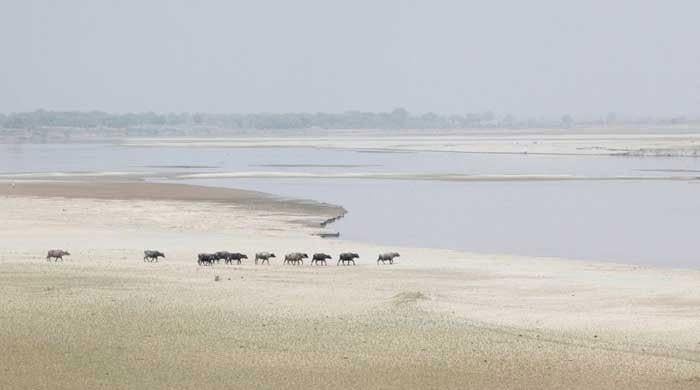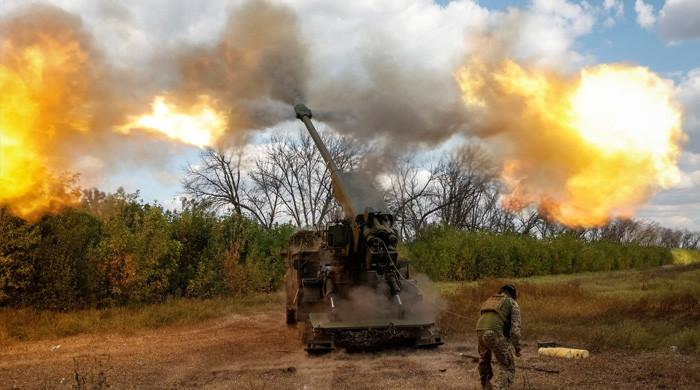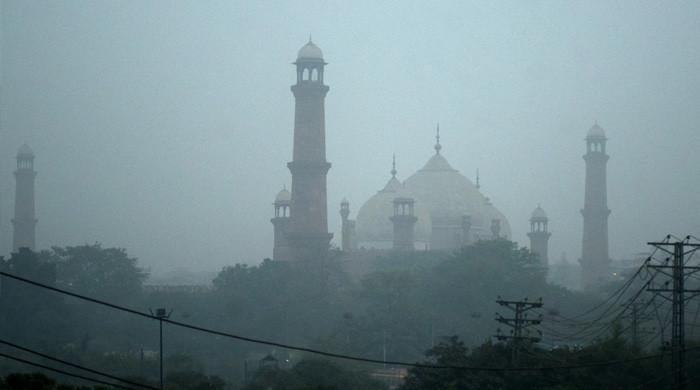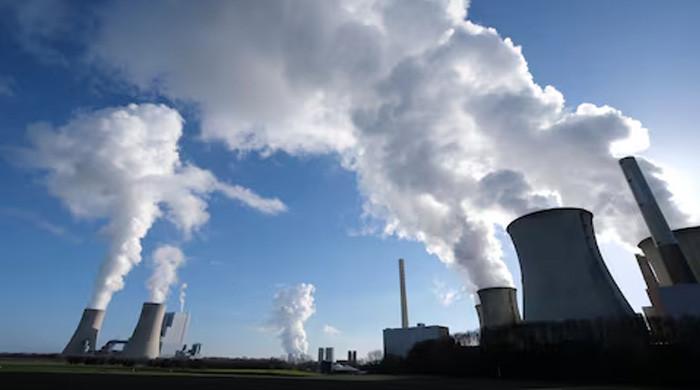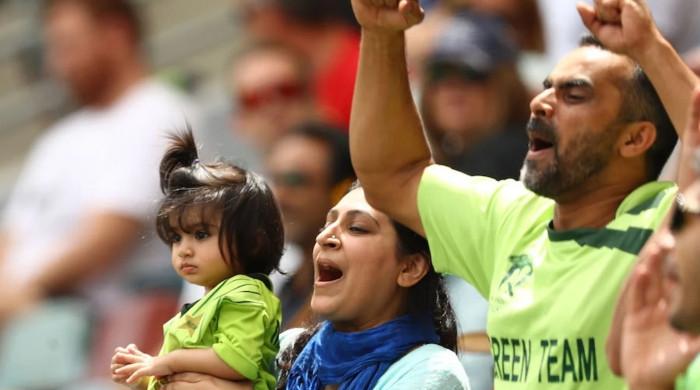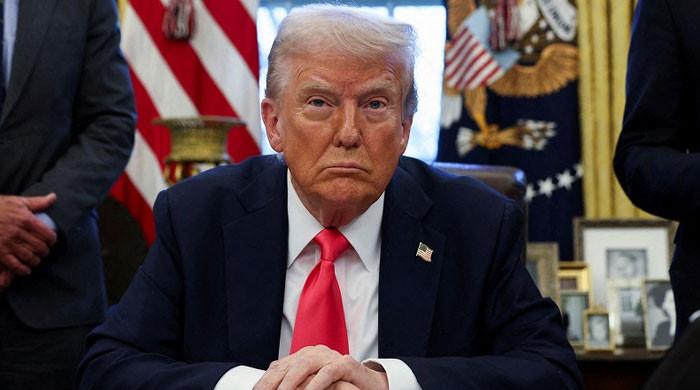Worsening Pakistan's outlook and the way forward
Pakistan’s search for stability will remain unfulfilled unless its top elite, notably the political elite, read the clear writing on the wall
February 08, 2023

As Pakistan’s political rivals fight intensely in their race to seek power, two related events in the coming days will define the country’s direction of politics and the economy for the foreseeable future.
The government’s planned all-parties conference (APC) is meant to bring mainstream political parties on a common platform to discuss the future, in the wake of last week’s terrible terrorist attack in Peshawar that claimed at least 84 lives.
Ironically, however, the gathering which was meant to bring a diverse group of political parties together to speak with one voice, has already witnessed visible divisions. The absence of former prime minister Imran Khan from the event alongside Sheikh Rashid — the vocal and politically robust player from Rawalpindi who is presently in jail — has taken the gloss off from the coming event.
In sharp contrast to being framed as an event to build long overdue national consensus, the gathering will effectively highlight just the opposite. And with the government of Prime Minister Shehbaz Sharif pursuing its chosen opposition leaders through police cases, Pakistan’s overall atmosphere is set to become increasingly murky over the near future.
Meanwhile, a visiting delegation from the International Monetary Fund (IMF) to discuss the revival of a stalled loan to Pakistan is due to conclude its present mission to Islamabad on Thursday barring an unexpected development. PM Shehbaz and other members of the government have publicly warned over several days against the Washington-based lender pressing Pakistan to accept harsh steps.
Given that there is a little international appetite for new commercial loans to the country, Pakistan has no recourse but to accept tough IMF conditions. Only a continued commitment to an IMF loan will unlock billions of dollars needed by Pakistan to avoid a default on foreign loan payments.
Already, the country has witnessed warnings of a coming increase in tariffs for gas, electricity and domestic fuel. These items are set to add to an already high rate of inflation which promises to continue at top speed, driven by an effective collapse of the exchange rate of the rupee.
Together, these two trends squarely point towards a worsening of Pakistan’s outlook, effectively fuelling chaos that has progressed over several months. In an election year, Pakistan’s ruling elite has failed to see the writing on the wall. Instead, Pakistan is driven today by narrow partisan considerations where rivals are primarily driven by their own interests first than the national interest.
Tackling Pakistan’s chaos requires the country’s political elite to accept a three-pronged set of priorities:
First, Pakistan’s highly charged political atmosphere must urgently give way to a ‘cooling off’ period that begins to focus primarily on resurrecting the struggling economy. In a year when parliamentary elections are due, the political temperature is bound to remain high as rivals struggle to seize power. In sharp contrast, Pakistan needs to narrow its divisions as it seeks to make the toughest economic adjustments in its 76-year history. This requires the country’s political leaders to consider a range of options that will help create a neutral government in the run-up to elections. The centrepiece of such an administration must rest on its ability to be seen as a neutral party, clearly detached from all mainstream political players.
Second, as Pakistan pushes ahead to tighten its proverbial belt under the IMF programme, the country must move swiftly to protect its poorest of the poor. At a time when more than 30 million people remain displaced from last summer’s devastating floods, protecting the poor has never been similarly vital. In addition to changes in indirect taxes that will collect revenue across the board, Pakistan must move quickly to increase its tax collections from those who are relatively more endowed. History has shown that Pakistan has repeatedly made commitments to its lenders and donors for targeting the rich, though failed later to deliver on those promises. Consequently, the country’s record on social justice has been left with many glaring gaps.
Finally, a new national consensus must be built upon a comprehensive new approach towards tackling the re-emergence of militancy and terrorism in all shapes and forms. The recent terrorist attack which targeted a mosque deep inside the police lines in Peshawar badly exposed the security arrangements in place. Exactly how a terrorist dressed up in a police uniform with either no ID or a fake one could conveniently enter the premises and cause the largest death toll in an attack on the police, remains a mystery. A foolproof mechanism surrounding key localities across Pakistan must become an urgent and top priority.
Pakistan’s search for stability will remain unfulfilled unless its top elite, notably the political elite, read the clear writing on the wall: the mounting chaos will just not help stabilise the country in the foreseeable future.
The writer is an Islamabad-based journalist who writes on political and economic affairs. He can be reached at: [email protected]




